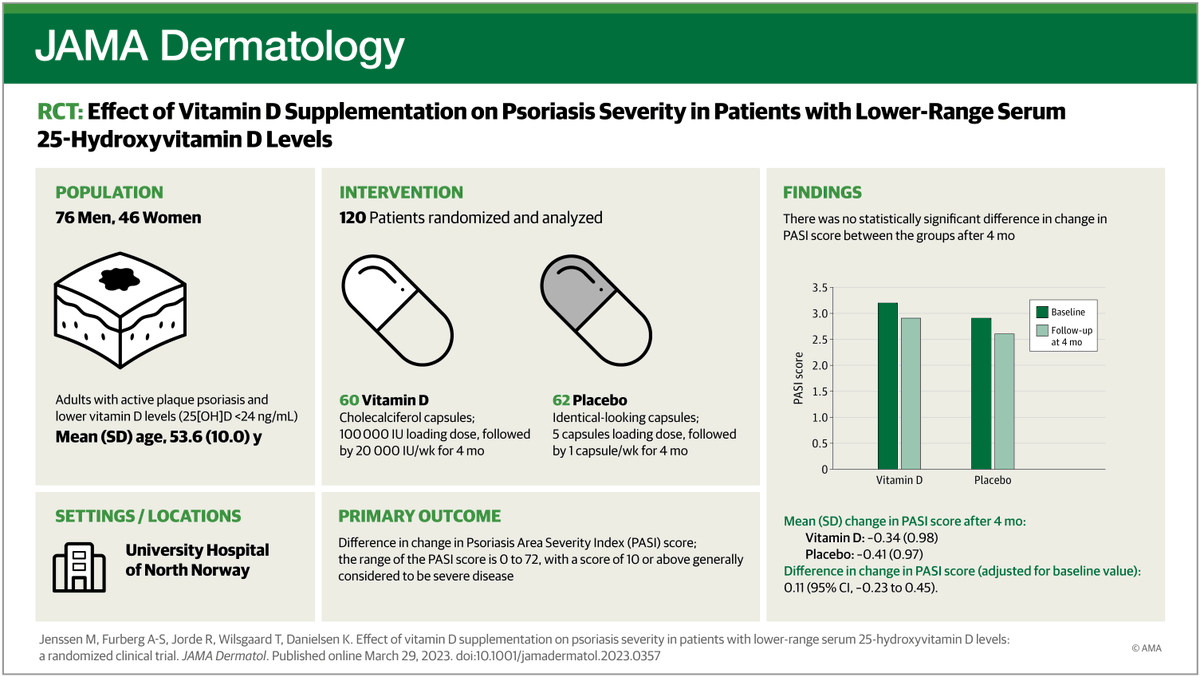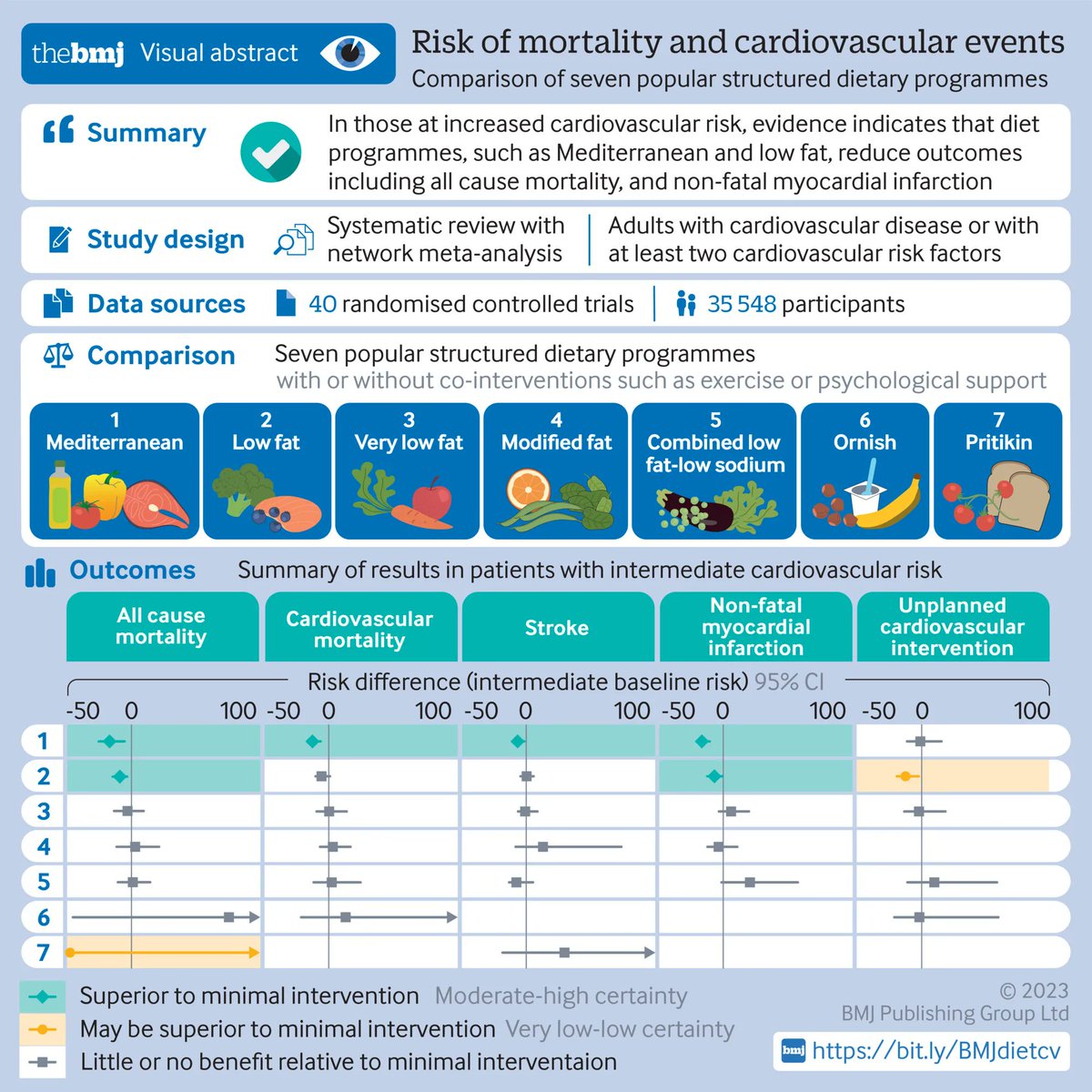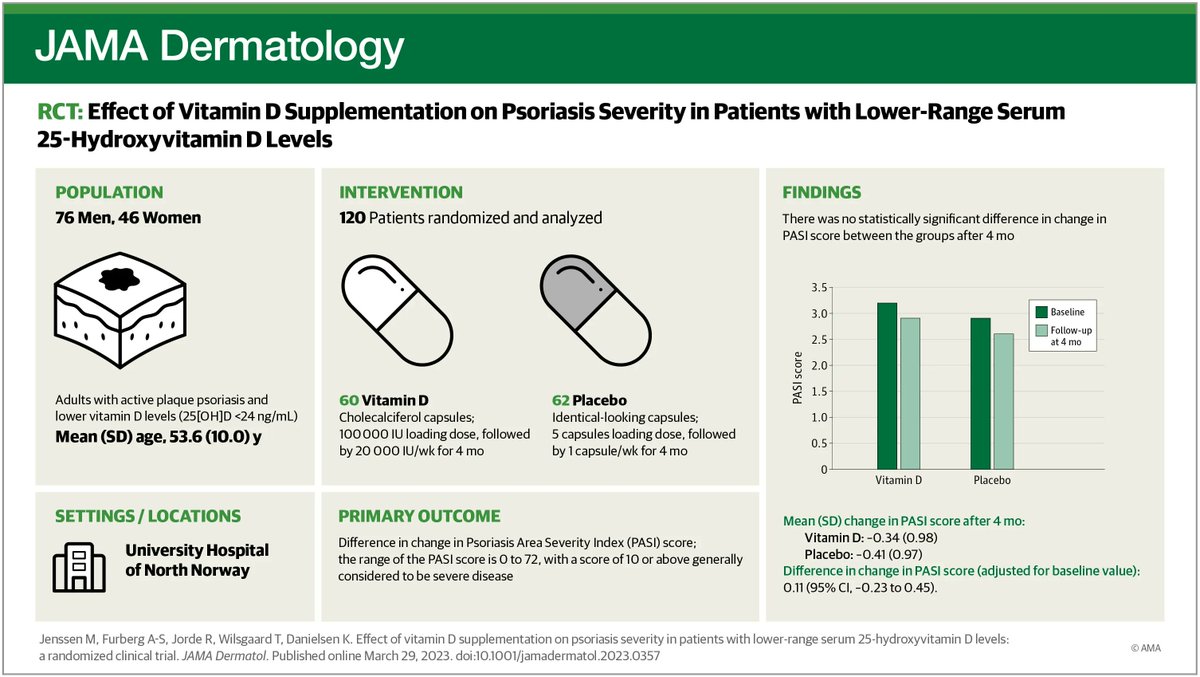All News
One in Ten is Bad! (5.12.2023)
This week on the Podcast Dr. Jack Cush reviews the news and journal articles, including the risks of dying, developing RA or autoimmune disease!
Read ArticleNational Population Insights (4.28.2023)
Dr. Jack Cush reviews the news and journal reports and addresses 3 viewer case questions.
Read ArticleDenosumab Reduces Type II Diabetes Risk
The British Medical Journal has publish a matched cohort analysis demonstrating that adults receiving denosumab had a lower risk of incident type 2 diabetes (NIDDM) compared with those taking oral bisphosphonates for osteoporosis.
Read ArticleThe Match Game (4.14.2023)
Dr. Jack Cush reviews the news and journal articles from the past week on RheumNow.com, including Rheumatology success in the NRMP MATCH, Cocaine vasculitis and worrisome safety risks with Biologics and tsDMARDs.
Read ArticleGout - Hot Topics in March 2023
A number of new reports this month shed new light on old issues in Gout.
Read ArticleHalf the Experts are Wrong (2.17.2023)
Dr. Jack Cush reviews the news and tries to stump the expert panel this week on the podcast.
Read ArticlePoorer health outcomes for at-risk patients with fractures
People at high risk of fracture who also have complex or multiple chronic medical conditions are less likely to receive treatment for the underlying osteoporosis and also have poorer health outcomes, according to a new study from the Garvan Institute of Medical Research.
Read Article2022 Rheumatology Year in Review (1-6-2023)
Dr. Jack Cush reviews the best of 2022 in Rheumatology - highlights on new drug indications, breakthrough lupus therapies, new biosimilars and the multivitamin letdown.
Read ArticleWill a vegetarian diet and exercise actually help RA disease activity?
The exact role of diet, physical activity, and stress management in the management of RA has long been debated. While reasonable evidence has supported the importance of physical activity in patients with RA, its capacity to reduce disease activity via conventional measures such as DAS28 was less well delineated.
Read ArticleThe spicy topic of turmeric in rheumatoid arthritis
Curcumin, the active constituent of turmeric extract, has increasingly been promoted as a potential rheumatoid arthritis therapy, but data presented at ACR22 suggests that even in ideal situations, it is unable to do any better than placebo in replacing conventional RA therapies.
Read ArticleIs exercise the missing medicine in lupus?
For lupus, sedentary lifestyle may be a driving force of disease activity. Today, the final day of ACR, Sarah Patterson, MD from UCSF will present
Read Article
Links:

Links:

Links:

Links:

Links:

Links:


Links:

Links:










